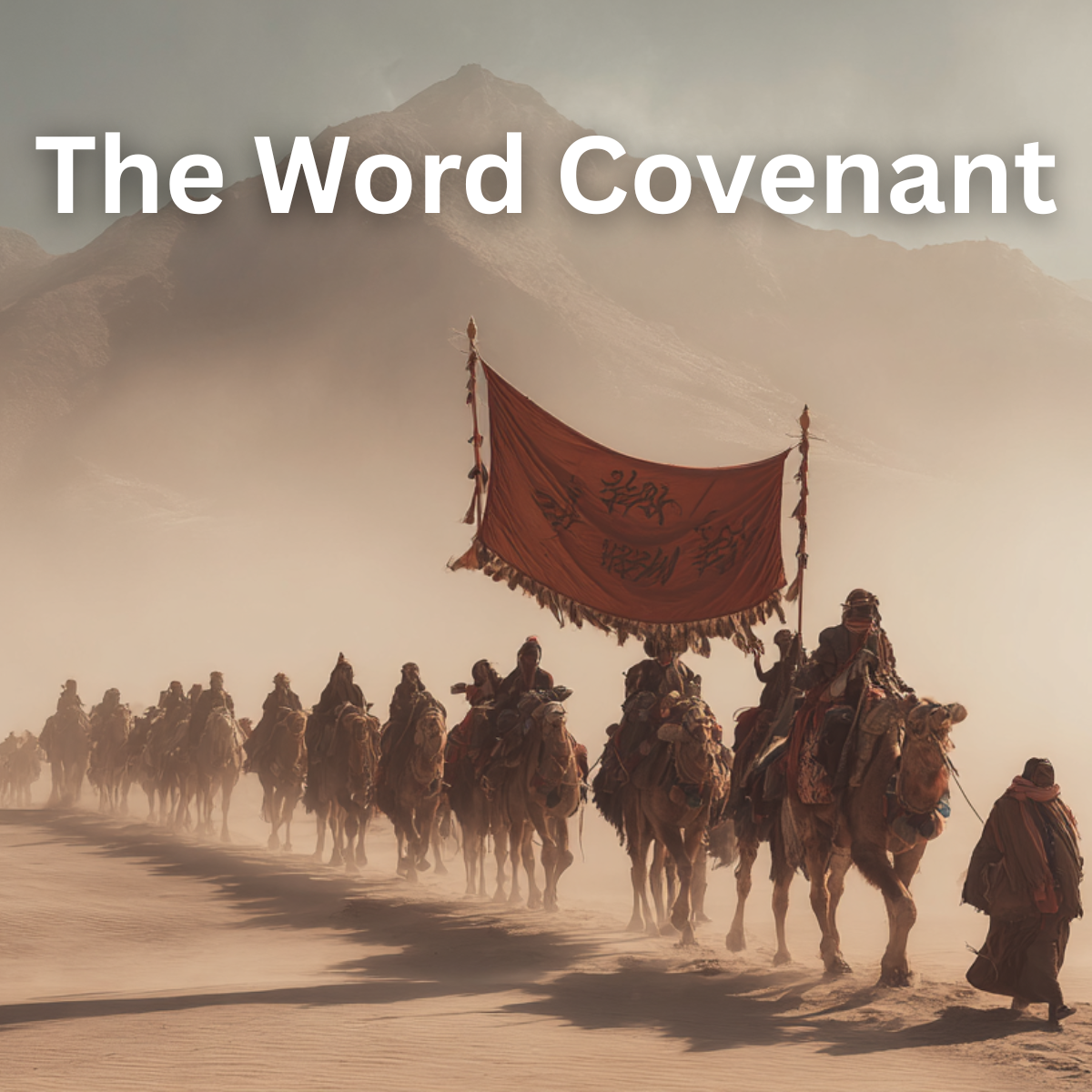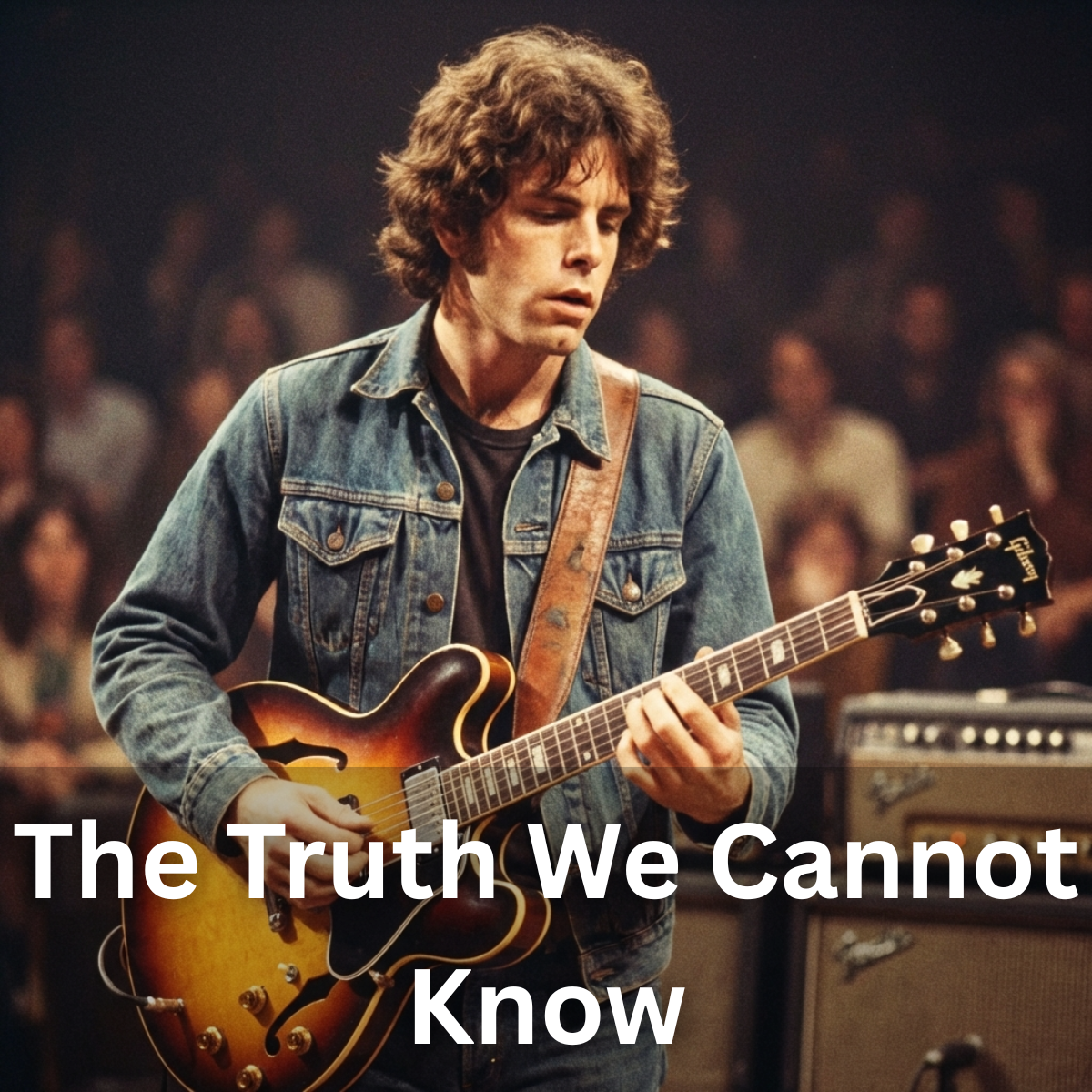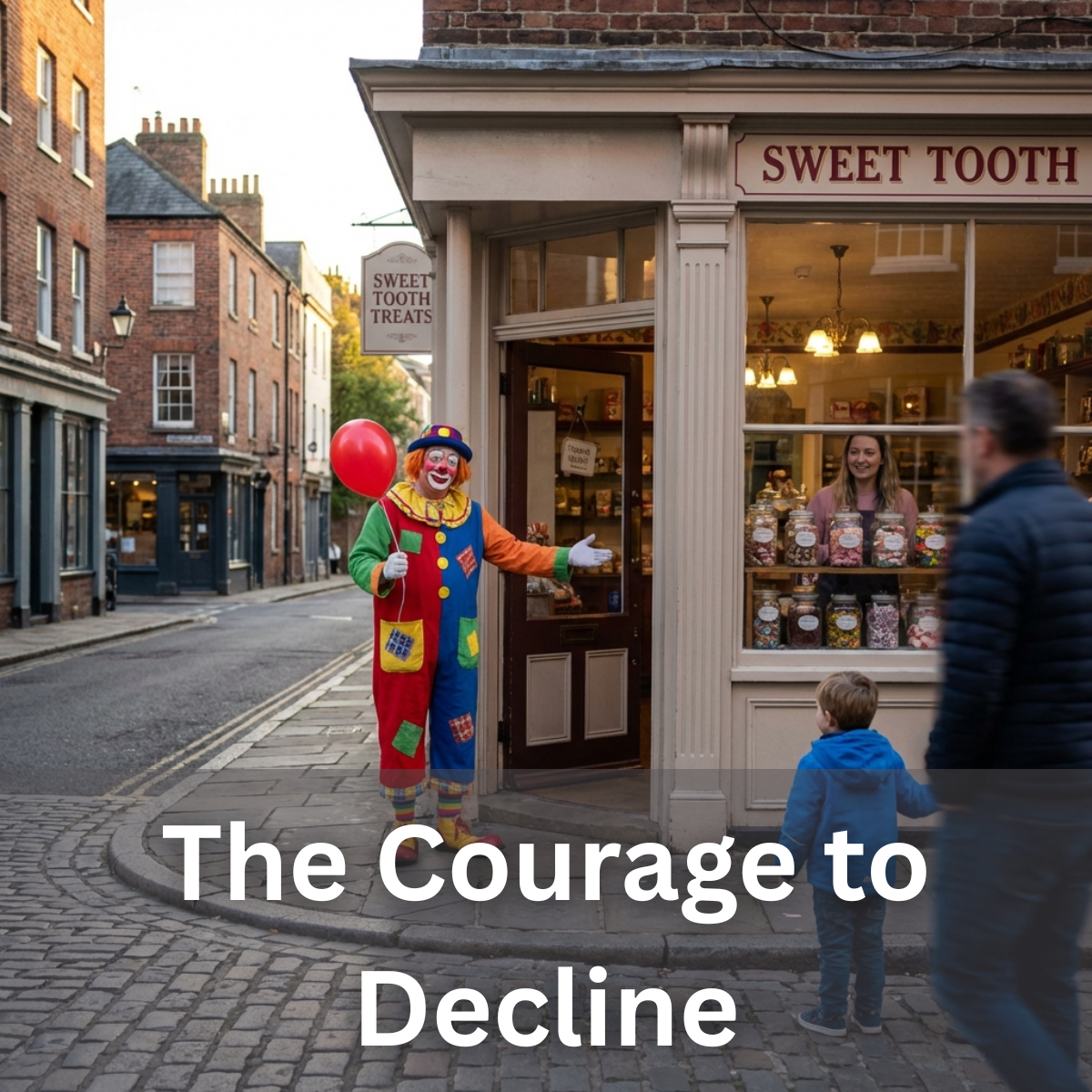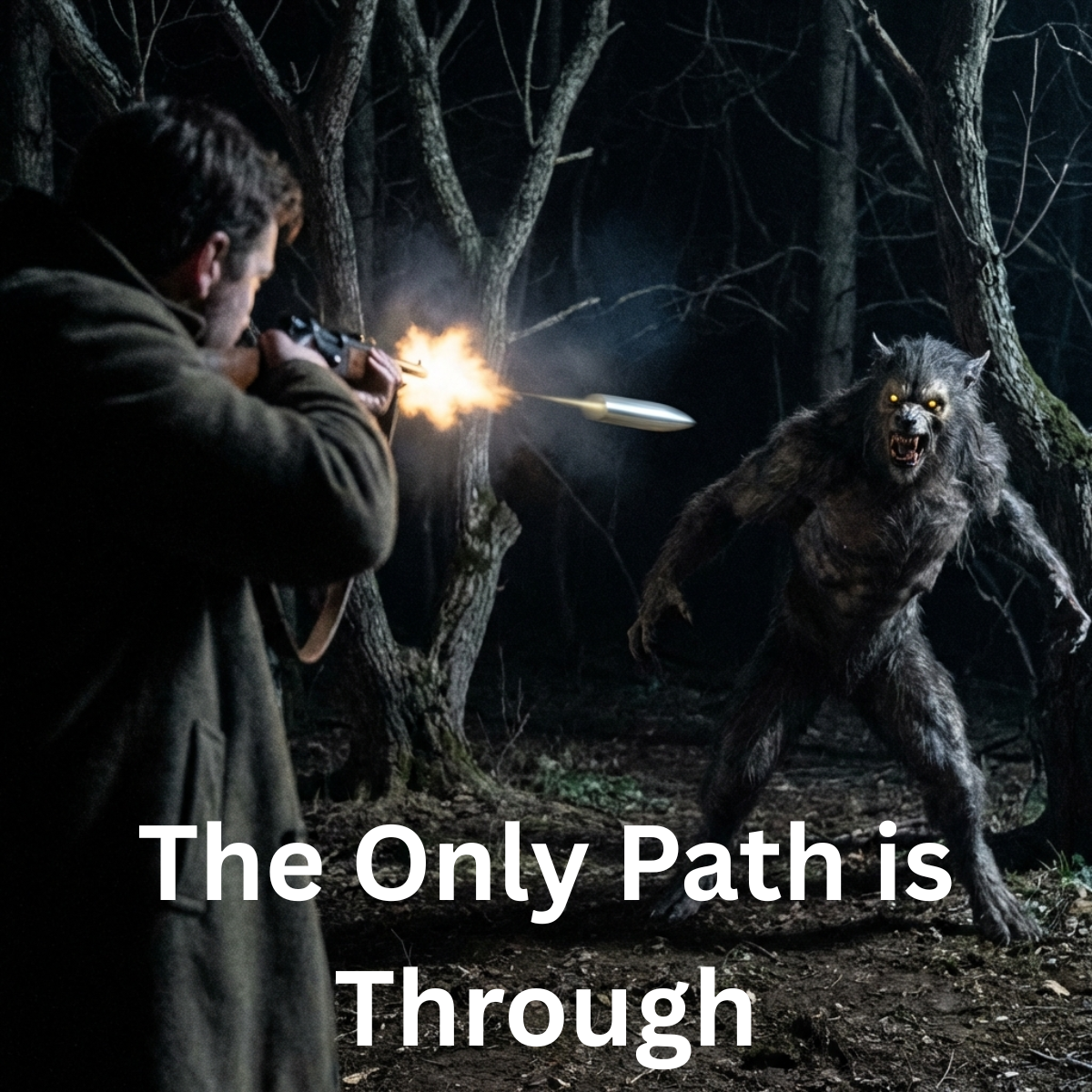A covenant is more than a promise, and deeper than a commitment. A promise can be broken. A commitment can fade under pressure. A covenant holds something sacred. It binds action and intent. It joins not only two parties, but two hearts. It is a shared purpose, a mutual acknowledgment that what is being pledged reaches beyond convenience or circumstance.
A covenant asks for faithfulness when feelings change, endurance when understanding wavers, and humility when pride would rather walk away. It does not measure worth in outcomes, it measures steadfastness. Where a contract depends on conditions, a covenant depends on character.
In its truest form, a covenant transforms obligation into devotion. It is the quiet strength that says, even if it costs me, I will keep this. That is why it endures. It is rooted not in transaction but in trust, not in enforcement but in love.
Covenant is rapidly becoming my word for the commitments I make to myself and to God. I view the covenant as binding on my side of the equation and hopeful on God’s side of the equation. My faith rests here. If I make a covenant and keep my end of the bargain, then I trust that if God is willing, the promise I hope for will unfold. If it does not unfold, I will still keep the covenant. That is the point.
The word carries a religious connotation, and rightly so. The ancient Israelites understood their covenant with God as a path to protection and growth as a people, so long as they were loyal and kept the commandments. Often in religion, covenants carry sacred symbols that define the relationship. We see signs that seal and remind. The rainbow with Noah. Circumcision with Abraham. The cross with Christ. These are tangible markers that anchor invisible promises.
Philosophically, a covenant represents trust sustained by choice rather than necessity. It aligns with our human longing for stability and meaning in relationships and commitments. Psychologically, covenant thinking emphasizes loyalty, honor, and shared purpose. These values persist when circumstances shift. It is the mindset of we are in this together, not what do I get from this.
Above all, a covenant symbolizes the following:
- Promise and fidelity, binding one’s word to something greater.
- Mutual respect, two sides willingly united.
- Sacrifice, the willingness to pay a personal cost to uphold the bond.
- Continuity, an enduring bridge across time and circumstance.
As I near the end of my eighth sequential 365 commitment, I am once again pondering the covenant I will take on next. I will be promising to do something personally challenging. In return I hope for some great boon, but if nothing arrives, I will still keep the promise. That is what covenant means to me. It is the vow that shapes the soul more than the outcome shapes the story. It is choosing to become the kind of person who can be trusted by God and trusted by one’s own conscience. In that choice, faith grows, and life steadies.
If I must put it simply. Make the covenant. Keep it. Let the keeping do its work.




